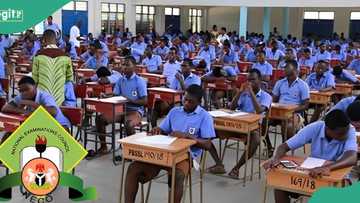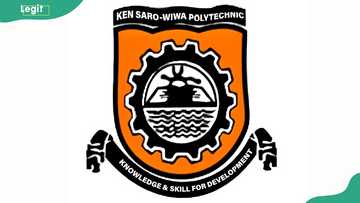FULL LIST: FG Publishes Approved Subjects for Basic and Senior Secondary Schools
- FG released the official subject offerings for primary, junior, and senior secondary education to curb circulation of fake lists
- NERDC said reforms will ease curriculum overload, promote skills, and improve learning outcomes across Nigeria
- Implementation begins with new entry classes in Primary 1, Primary 4, JSS 1, and SS 1, with teacher training set to start immediately
The Federal Government has unveiled the final list of subjects to be taught under Nigeria’s revised Basic and Senior Secondary Education Curriculum.
The Nigerian Educational Research and Development Council (NERDC) said the move was necessary to curb misinformation following the circulation of fake lists online.
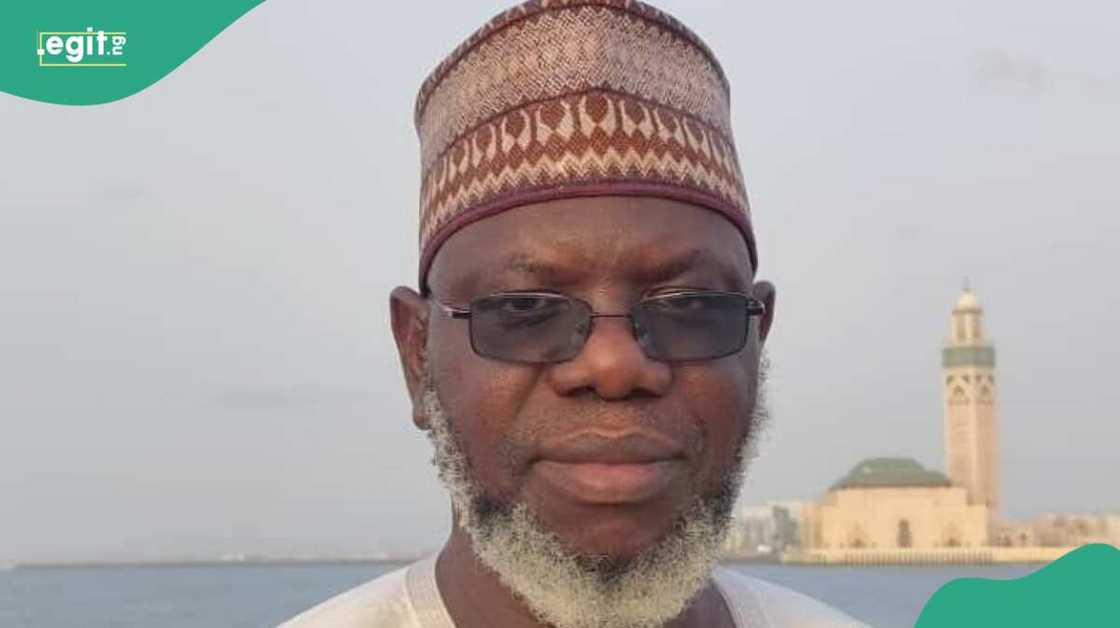
Source: Facebook
According to the council, the reforms were introduced under the national education sector reform initiatives to ease curriculum overload and improve learning outcomes nationwide.
It explained that the new framework balances academic knowledge with practical skills, aiming to prepare pupils for both higher studies and the demands of modern society.
The executive secretary of NERDC, Professor Salisu Shehu, confirmed that the updated curriculum will take effect from the beginning of each three-year education cycle at Primary 1, Primary 4, JSS 1 and SS 1.
He added that nationwide sensitization and teacher training programmes would commence immediately to ensure smooth implementation.
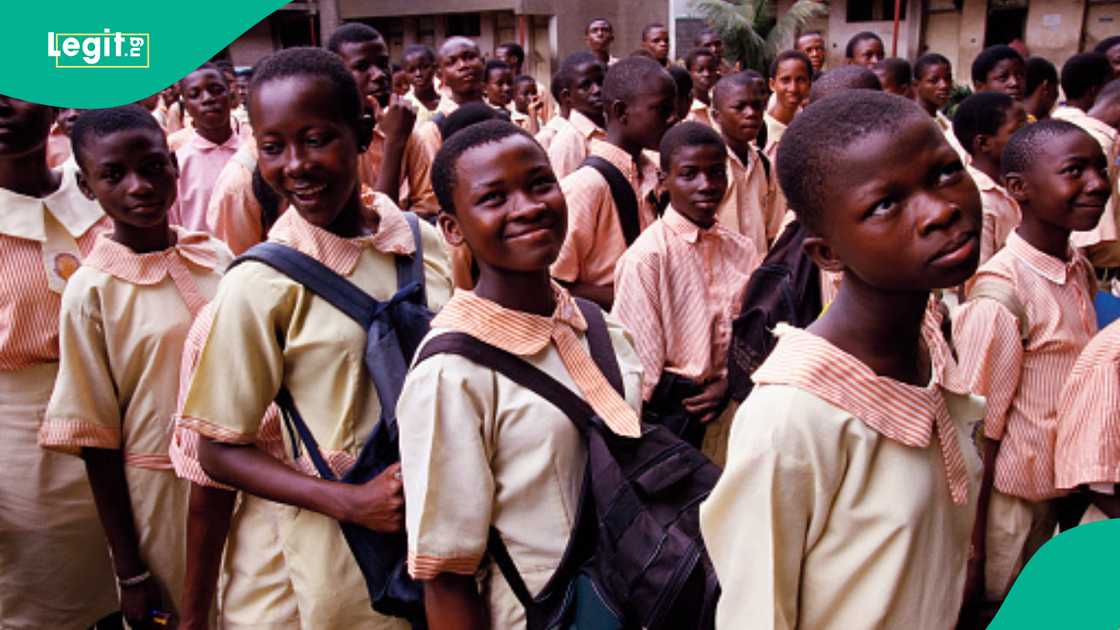
Source: Getty Images
Full list of subjects published
PRIMARY SCHOOL SUBJECTS
Primary 1–3
Minimum: 9 subjects | Maximum: 10 subjects
English Studies
Mathematics
Nigerian Languages (One Nigerian Language)
Basic Science
Physical & Health Education
Christian Religious Studies (CRS) for Christian pupils / Islamic Studies (IS) for Muslim pupils
Nigerian History
Social and Citizenship Studies
Cultural & Creative Arts (CCA)
Arabic Language (Optional)
Primary 4–6
Minimum: 11 subjects | Maximum: 12 or 13 subjects
English Studies
Mathematics
Nigerian Languages (One Nigerian Language)
Basic Science and Technology
Physical & Health Education
Basic Digital Literacy
CRS (For Christian Pupils Only) / IS (For Muslim Pupils Only)
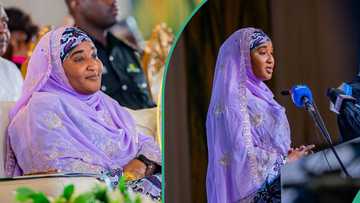
Read also
List of 5 changes FG introduced to curriculum for basic, senior secondary, technical education
Nigerian History
Social and Citizenship Studies
Cultural & Creative Arts (CCA)
Pre-vocational Studies
French (Optional)
Arabic Language (Optional)
JUNIOR SECONDARY SCHOOL (JSS 1–3)
Minimum: 12 subjects | Maximum: 13 or 14 subjects
English Studies
Mathematics
Nigerian Languages (One Nigerian Language)
Intermediate Science
Physical & Health Education
Digital Technologies
CRS (For Christian Pupils Only) / IS (For Muslim Pupils Only)
Social and Citizenship Studies
Cultural & Creative Arts (CCA)
Trade Subjects (Choose one):
Solar Photovoltaic Installation & Maintenance
Fashion Design & Garment Making
Livestock Farming
Beauty & Cosmetology
Computer Hardware & GSM Repairs
Horticulture & Crop Production
Business Studies
French (Optional)
Arabic Language (Optional)
SENIOR SECONDARY SCHOOL
5 Core and Compulsory Subjects
English Language
One Trade Subject
Citizenship and Heritage Studies
Digital Technologies
Science
Biology
Chemistry
Physics
Agriculture
Further Mathematics
Physical Education
Health Education
Foods & Nutrition
Geography
Technical Drawing
Humanities
Nigerian History
Government
Christian Religious Studies
Islamic Studies
One Nigerian Language
French
Arabic
Visual Arts
Music
Literature in English
Home Management
Catering Craft
Business
Accounting
Commerce
Marketing
Economics
Trade Subjects (Choose one)
Solar Photovoltaic Installation & Maintenance
Fashion Design & Garment Making
Livestock Farming
Beauty & Cosmetology
Computer Hardware & GSM Repairs
Horticulture & Crop Production
How to Check 2025 WASSCE Results
In an earlier report, Legit.ng detailed a step-by-step process of how to check the just-released 2025 WASSCE results.
Every candidate can check the results themselves on their phones or personal computers without having to go to commercial cyber cafes or employ a third party.
All the candidates need are details inscribed on their plastic WAEC ID card issued to everyone who sat the exam.
Source: Legit.ng


